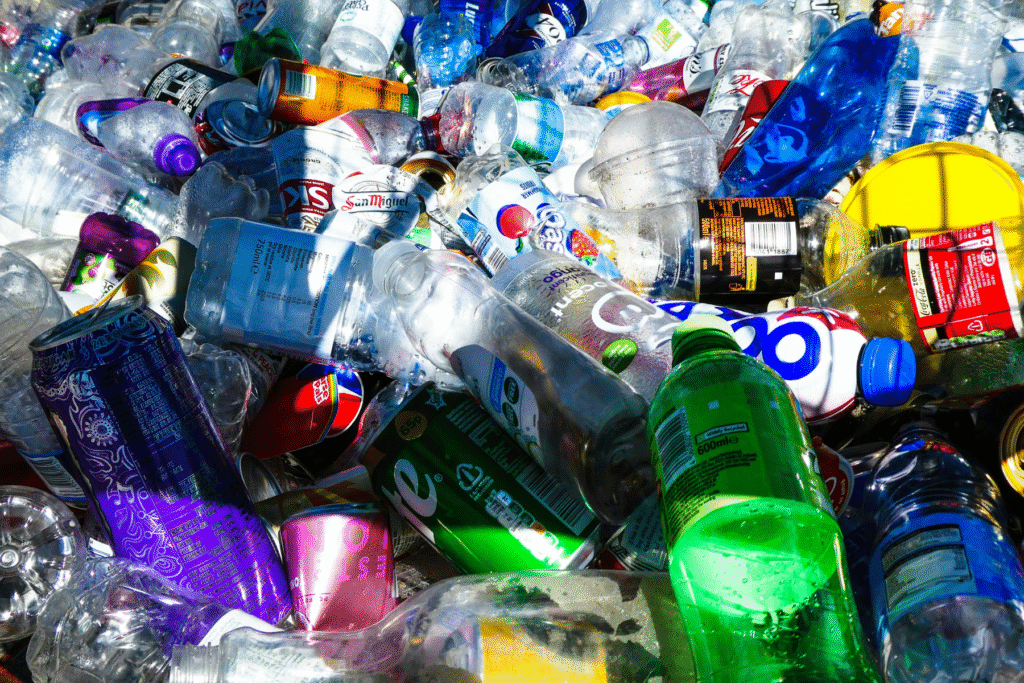
Cigarette butts, plastic bags, and beverage cups are among the most frequently discarded waste items. Around 15,000 tons of trash are carelessly thrown onto streets, squares, and into nature each year, according to the First Austrian Littering Report, presented Wednesday in Vienna. That is the annual waste volume of a small town of 30,000 residents, which municipalities and volunteers are then forced to collect.
“Littering” refers to the careless disposal of small waste items in the environment. According to a survey for the report, this behavior ranks among the population’s biggest everyday annoyances. At the same time, nearly one in two people admitted to having littered themselves.
Of the products studied, cigarette butts are the most frequently found in the environment—around 183 million per year are removed by others. Next are bags and foils with about 62 million pieces, followed by 13 million beverage cups and 11 million food packages. These are extrapolations from documented littering data, with actual numbers believed to be much higher. The Environment Agency estimates that at least three billion cigarette butts are improperly disposed of annually. A deposit system for plastic bottles was introduced this year to reduce littering, as these containers had previously been among the most commonly discarded plastic items.
Majority Annoyed By Littering
The Market Institute surveyed 2,096 people on behalf of the “Austria Collects” initiative. More than eight in ten said they are “very” or “somewhat” bothered by litter on streets or in nature. Nearly one-third believe littering has increased. Forty-nine percent admitted to having littered themselves—most often chewing gum (46 percent), cigarette butts (39 percent), or food scraps (35 percent). Two-thirds think that not enough is being done to combat littering.
When others are blamed, respondents most often said litterers are indifferent or lazy (72 percent each, multiple answers possible), followed by ignorance of consequences (50 percent) and poor upbringing (48 percent). When talking about their own behavior, however, people cited a lack of bins, carelessness, or situations where it “just happened.”
“The emptying of public trash bins and manual street cleaning—that is, picking up litter—costs cities and municipalities around €200 million each year,” said Ferdinand Koch, managing director of the Association of Public Waste Management Companies (VÖA), in the press material. The report shows a major need for action, said Andreas Pertl, head of the Packaging Coordination Office and spokesperson for “Austria Collects.” Four countermeasures are proposed: education, attractive reusable alternatives, improved waste infrastructure, and “full use of existing penalties.” Littering is a serious problem, added Michael Bartmann, federal coordinator of ARGE Austrian Waste Management Associations.
The vast majority of litter—around 14,450 tons—is collected by municipal cleaning, and the remaining 620 tons through volunteer cleanups. Public trash bins contain about 76,000 tons of waste per year. “So, one can say that at least one-sixth of all public space waste is littered,” the report concluded.

